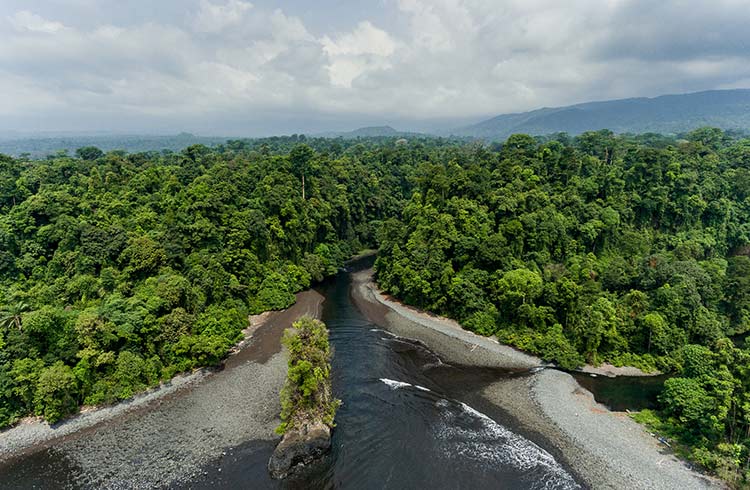Local Laws and Travel Health Tips for Equatorial Guinea
What you need to know about local laws, travel health and the low standard of medical care in Equatorial Guinea. Here's how to be prepared for your trip.
 Photo © Getty Images/Jan Ziegler
Photo © Getty Images/Jan Ziegler
Visas for Equatorial Guinea
All travelers to Equatorial Guinea must obtain a visa from an Equatorial Guinea embassy, unless you are from a country that is exempt from visas – which you can find out here.
If you don’t live in a country with an embassy for Equatorial Guinea, speak to a tour operator about how to organise this.
Visa processing times for Equatorial Guinea may take longer than expected, and you might require the invitation of an organization to be let into the country. You might experience questioning and scrutiny at the airport.
Local laws travelers should know about in Equatorial Guinea
Some of the local laws and restrictions here are similar to elsewhere in Africa.
Taking photos of certain places, for instance, is a closely-monitored activity. There was a law in place that required travelers to get photography permits from the Ministry of Information and Tourism for virtually all types of photographs. This law no longer stands, however there are photography laws in place for military and government buildings, such as the Presidential Palace. If you are caught, you may be detained or fined. Or, you could have your camera taken away.
Wearing or having packed with you any clothing with camouflage, binoculars, guns, large knives and other items might arouse the suspicion of security forces and lead to apprehension. Possessing, using or trying to traffic drugs will receive a prison sentence.
Safety for LGBTQ+ travelers and women
While homosexuality is not illegal, certain sex acts between people of the same gender are, and LGBTQ+ travelers and locals may face discrimination.
Travelers are not a common sight for locals in Equatorial Guinea, so you might attract more attention than you're used to – especially if you're a woman.
Women may be subject to catcalling and starting in Malabo, where there is a large concentration of male oil workers. Ignore them.
Cash economy
Credit cards and travelers checks are not accepted at most places in Equatorial Guinea. This is a cash economy, and you will need the local currency, the Central African CFA franc (CFA). Many retailers and restaurants will not take US dollars or Euros.
You can exchange your money at a local bank. You are allowed to bargain at markets around Equatorial Guinea.
Medical facilities in Equatorial Guinea
The standard of medical care in Equatorial Guinea is poor – most hospitals and clinics are poorly staffed and medical equipment is not up to standards you're used to back home. Even emergency services are limited, and severe problems will require evacuation all the way to Europe. You can get some basic medication Malabo and Bata, but you should pack a substaintial first aid kit with sufficient medication for your trip.
There are a number of health risks when traveling in Equatorial Guinea, including malaria, cholera, tuberculosis and water-borne diseases. See a doctor prior to traveling and find out which vaccinations or booster shots you require. If you swim in freshwater areas, beware of schistosomiasis.
Officials in Equatorial Guinea make travelers carry an international vaccination certificate when entering and exiting the country. Officials will check passengers for this document on flights. If you do not have this paperwork, you will be fined, and if you're arriving in the country, you may not be allowed out of the airport.
Simple and flexible travel insurance
You can buy at home or while traveling, and claim online from anywhere in the world. With 150+ adventure activities covered and 24/7 emergency assistance.
Get a quote
No Comments